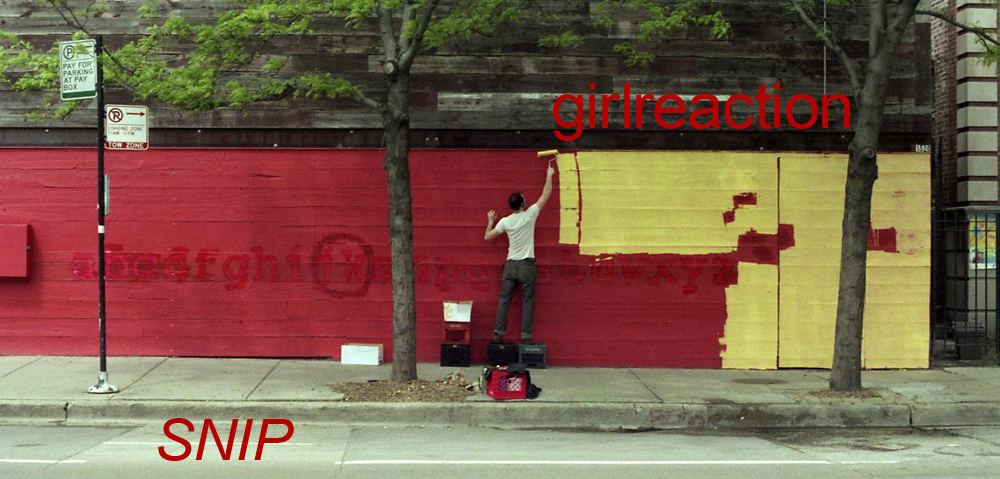Our challenge book for July and what a behemoth it was. As DadReaction described it: “Some gremlin keeps adding chapters to this sucker, so no matter how much I read there’s still more to go. and more, and more, and more…”
It’s weird how what we all remember / socially think / this book to be about is Becky Sharp yet in fact she disappears for chapters at a time, as sometimes do Dobbin and Amelia as well. (You could easily abridge about several hundred pages out of this thing and lose nothing of the main plot lines.) There are passages about which members of society are at a party that read as thrillingly as the genealogical sections of the bible.
GirlReaction: The problem with most of the older (in terms of when they were published!) books we’ve read this year is insipid heroines. I just get bored by the helpless female (Amelia) and the crafty female (Becky) is just as one-dimensional in her own way (although a bit more entertaining). I sometimes feel that as you read “old classics” you can pick out a bit of WHY they were so renowned in their time (or shortly afterward) but it seems very old hat now (i.e., the things that were original about them don’t seem original if you happen to have read their (many, and later) imitators first).
DadReaction: Reminded of what Samuel Johnson said of Paradise Lost: everyone can see its value, but no one ever wished it longer. Amen. Becky, the one live wire, keeps vanishing–didn’t you think it would be more about her? And the old men–Sedley and Osborne–are just monsters!! It’s like suddenly you’re in a Eugene O’Neil play. Very much an 18th century feel to the book, though. More like Tom Jones than, say, Great Expectations. Names too are tres 18th siecle: e.g., Castlemouldy. Dobbin’s a complete idiot.
